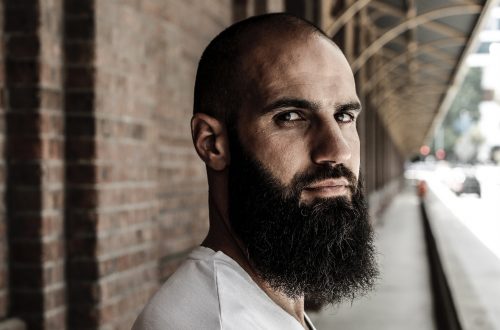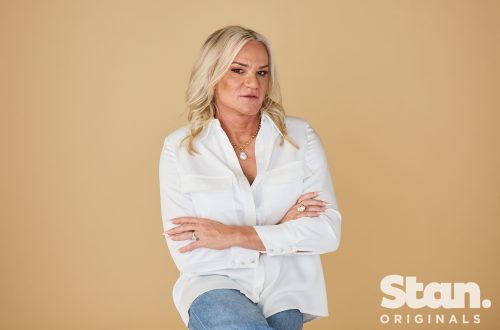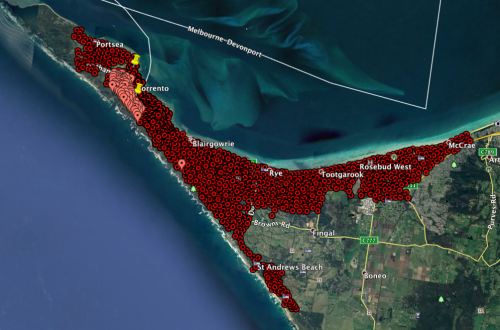Clubs around the globe are embracing emotional openness as a means of fostering team spirit. How vulnerability became sport’s winning weapon.
*
It is Thursday morning during the Victorian school holidays, and the semi-rural grounds of Geelong Grammar School are deserted but for the luxe new theatrette of the prestigious boarding school, which is overflowing. Inside, more than 600 educators and facilitators sit quietly, filling even the aisles between rows, craning their necks at a handsome young man in a blue polo shirt as he strides to the lectern. A barrel chest on panther legs, the 28-year-old keynote speaker seems affable and relaxed, radiating muscular confidence.
But, he explains to the audience at the educational conference, he does not always feel this way. After all, he says, the life of a professional AFL footballer is filled with myriad challenges to happiness. He recites a list of obstacles. First, you live inside “an industry of winning”, and yet perversely losing has become the dominant aspect of the sport. “That’s what you’re judged on: the losses and poor performances.” He holds up his hands. “That’s a really difficult thing to adjust to.”
A career in footy, he adds, is challenging immediately; you’re plucked from a junior talent pathway and thrust into a ruthless scrum of competitive beasts. “You’re no longer the oldest or the best. In fact, you are literally the worst player in the side.” Anxiety takes hold, he says, and it eats away at your self-assurance. Ephemeral worries – contract negotiations, injury, fluctuating form – conspire against you. “You’re fearful of getting the ball in your hands. The joy you once got out of footy has … changed.”
Of course, he doesn’t feel that way right now. He hasn’t in some time. Because he is Patrick Dangerfield, a shining star not only for his team, the Geelong Cats, but a poster boy for the entire AFL – one of the top footballers in Australia and a charming, ubiquitous media entity. Yet Dangerfield has been through his own slumps of continuity and confidence, and what he learnt within those troughs, he says, is that peak performance emerges not when the chin is held up but when the guard is let down. We do our best, he says, when we are allowed to feel insecure, and to express that insecurity
“Because,” he pauses, “everyone has a story.”
CLICK HERE to read the full story from Good Weekend on May 19, 2018
Photograph by Simon Schluter




